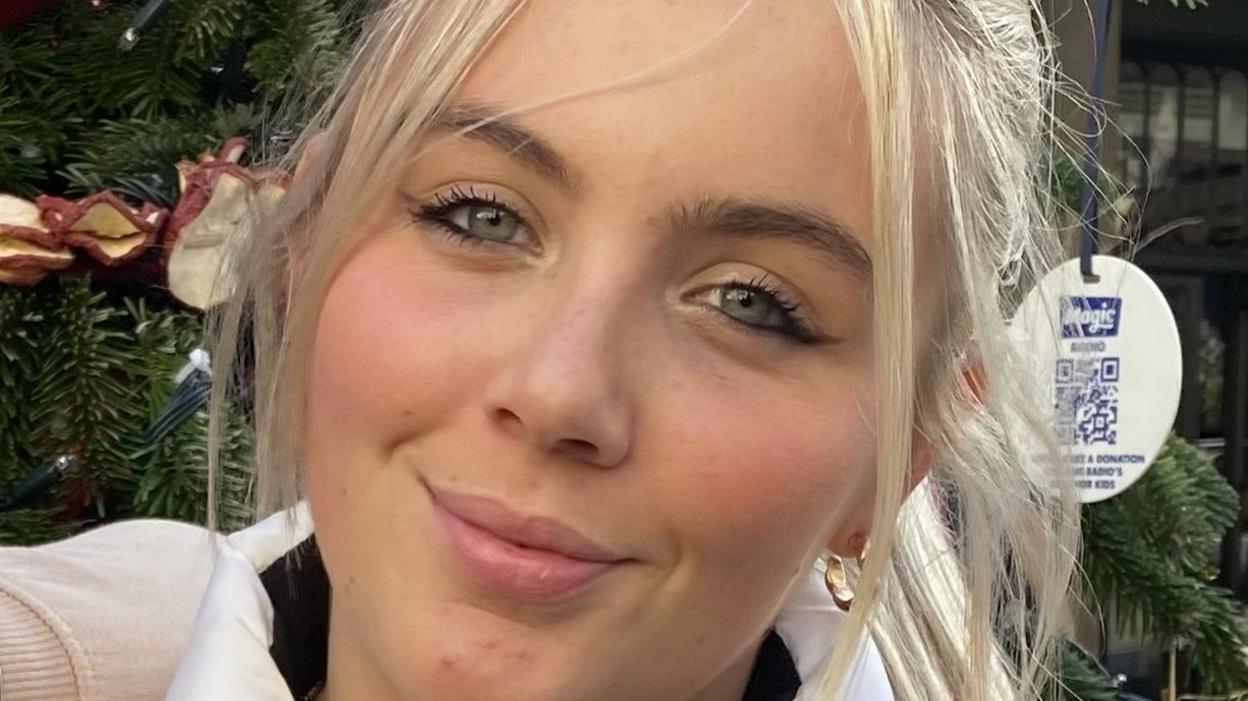Call for GPs to contact suicidal patients' families
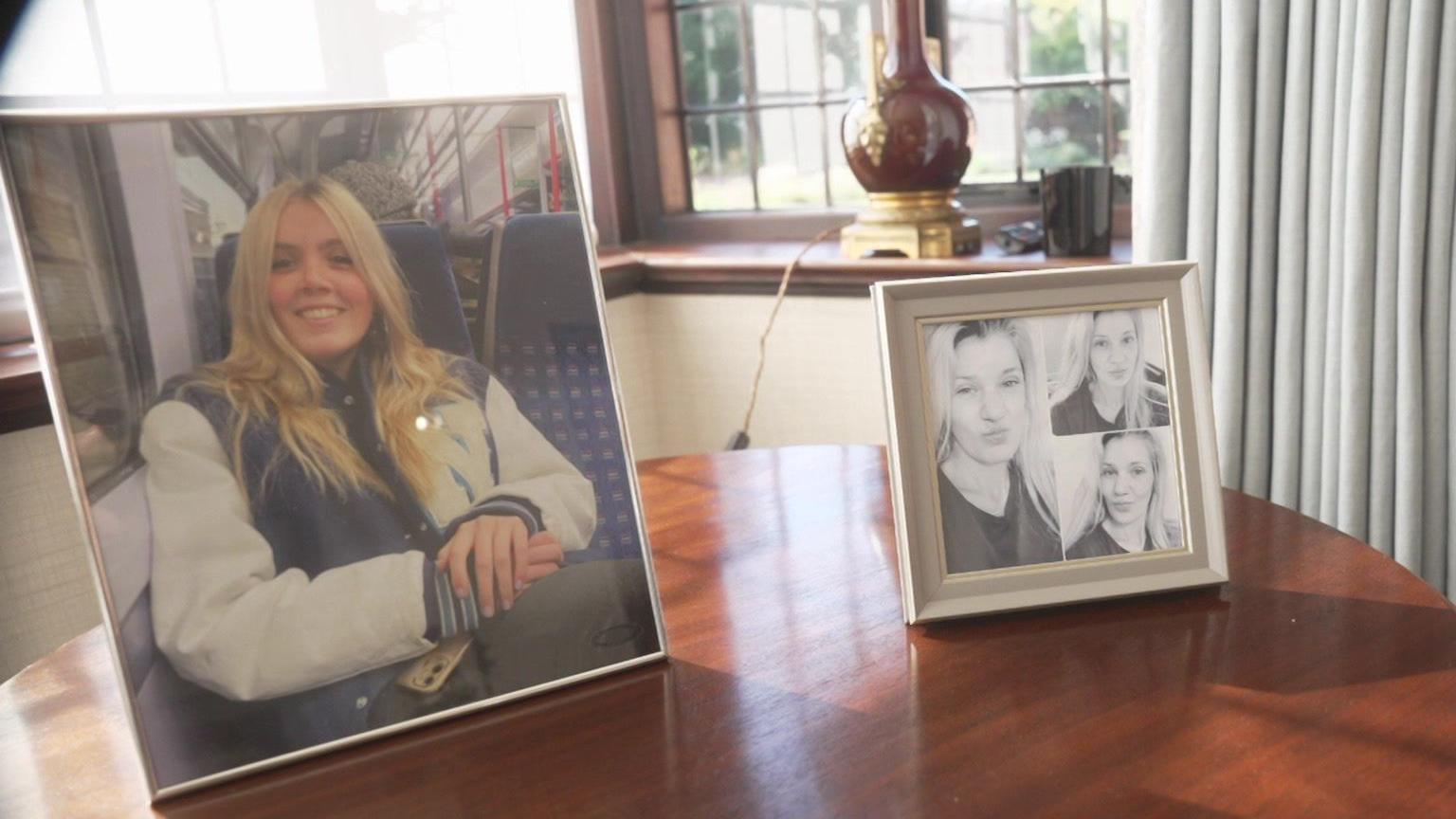
Issy Phipps (left) and Sophie Woolcott (right) died less than a year apart
- Published
Two mothers whose daughters took their own lives have called for GPs to have a legal duty to tell families if a patient says they plan to kill themselves.
Issy Phipps, 17, and Sophie Woolcott, 27, died less than a year apart after seeking help from their GP surgeries.
Sophie's father Steve contacted Issy's mother after seeing her on BBC South Today and noticing the similarities between the cases, but he died before they could meet. Their families are now campaigning together for a change in the law.
The Department of Health said it "sympathises with the pain and anguish" of bereaved families and said GPs must balance confidentiality with the need to prevent suicide.
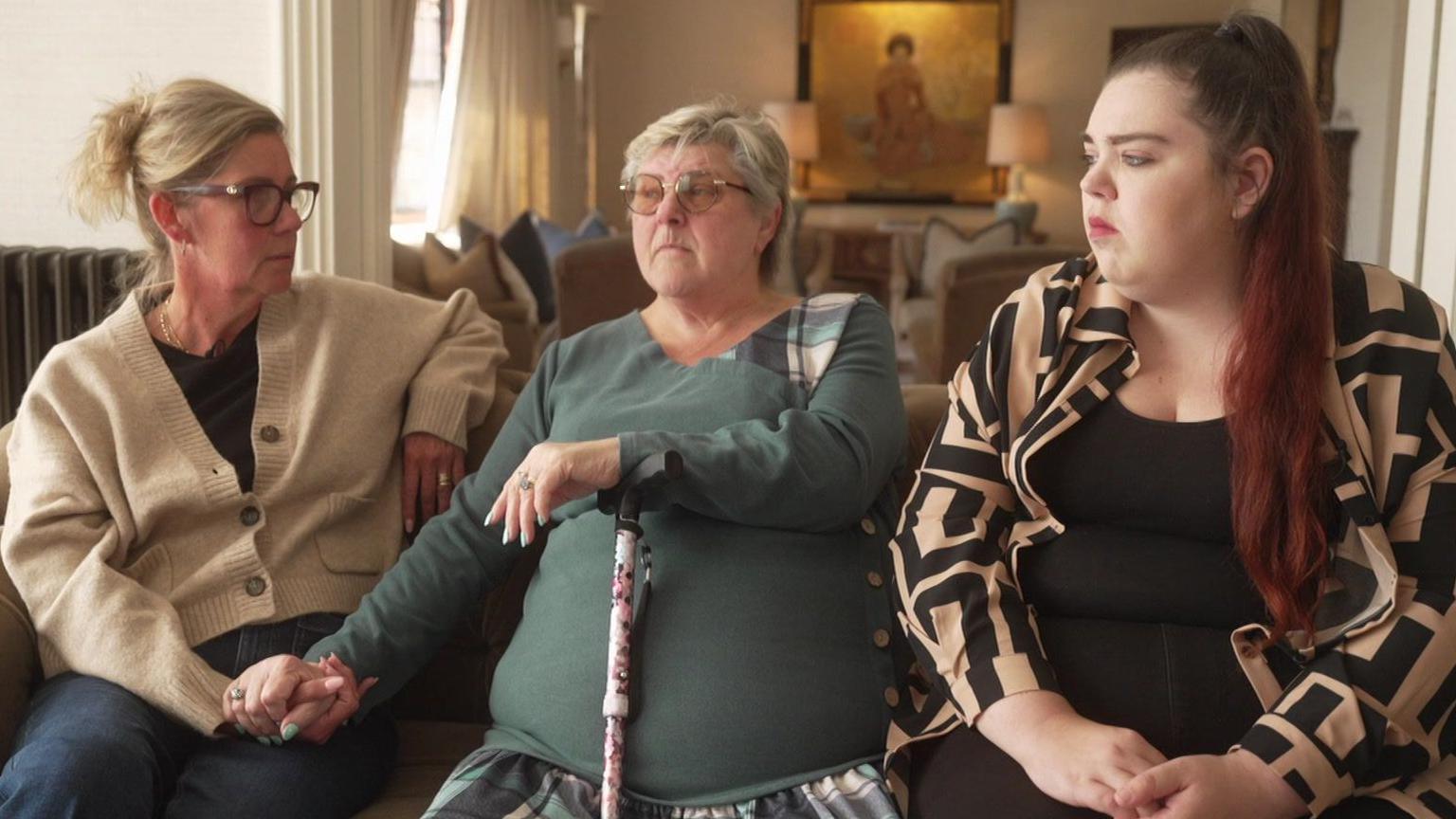
Sarah Renton (left), Amanda Woolcott (middle) and Justine Woolcott (right) have met to discuss lessons that can be learned from Issy and Sophie's deaths.
In 2023, 17-year-old Issy Phipps, from Cookham, Berkshire, told her GP in Gloucestershire, where she was a student, that she planned to take her life.
She also spoke to a mental health nurse, but no medical professional contacted her next of kin and a referral was never followed through.
A day later, she died at her family home in Cookham.
"You have all these questions and later you find out that she did try to get help, she went to her GP,' said Issy's mum, Sarah.
"Everybody I've spoken to is incredulous that you wouldn't make someone safe when they've expressed what they'd planned to do."
Both Gloucestershire and Berkshire health trusts carried out internal reviews in the wake of Issy's death.
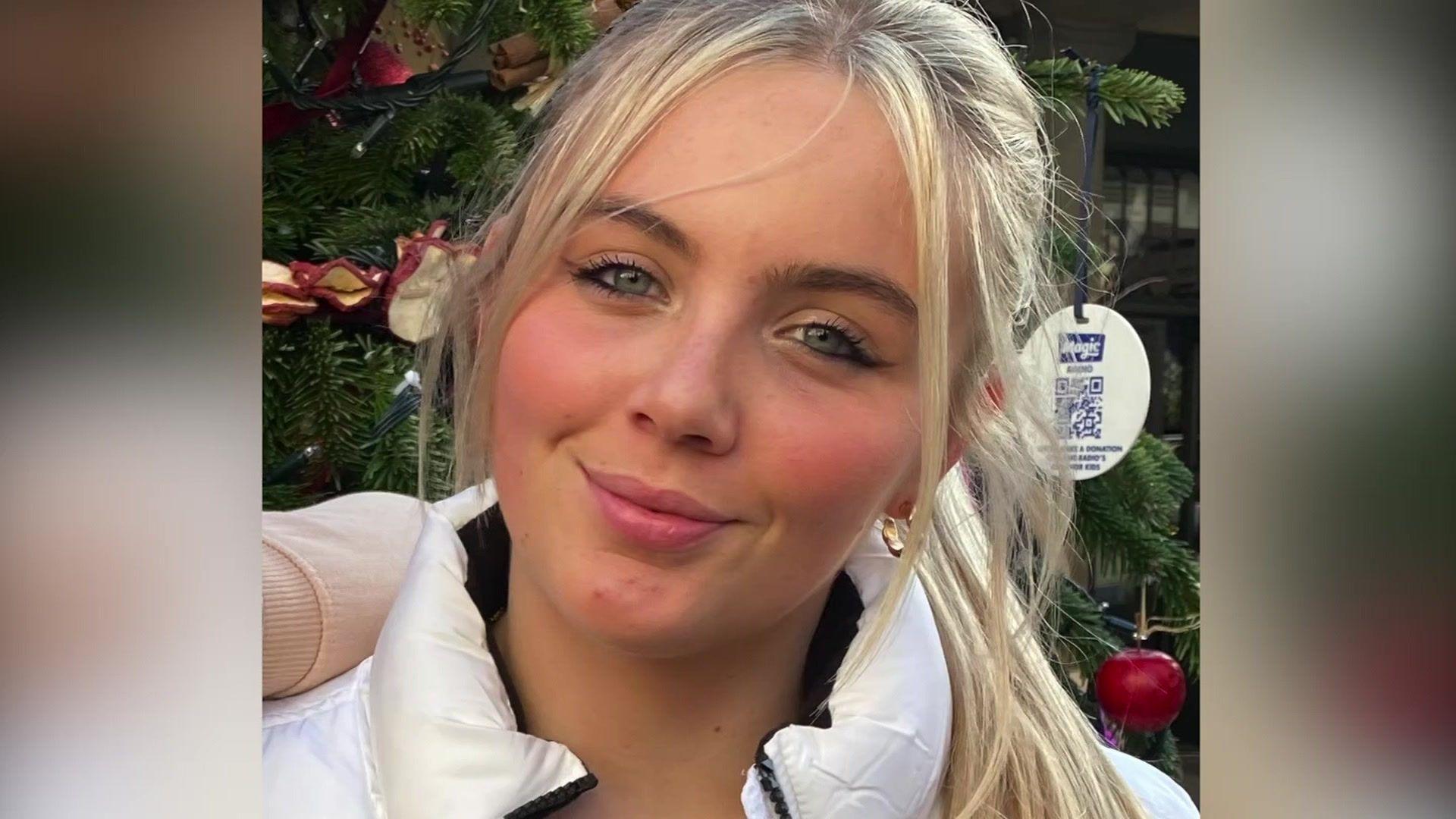
Issy Phipps was a talented singer and had played rugby all her life for Berkshire, Maidenhead and Reading
Twenty-seven-year-old mum-of-three Sophie Woolcott, from Poole, in Dorset, had a long history of mental health conditions, including borderline personality disorder.
In February last year, her family said she went to her GP surgery to ask to see a doctor, saying she was suicidal and needed a change to her medication.
They said she was told that no one was available to see her, and after experiencing a manic episode she was told to leave the surgery.
Having walked three miles from her home to try to get an appointment, she then walked home again, and later that day she took her life.
"I mean, the fact she had done that walk to get help just tells us everything we need to know," Sophie's sister, Justine Woolcott, said.
"She just desperately wanted to get the help, she wanted to live."
A spokesperson at The Adam Practice in Poole said: "We are unable to comment on individual cases.
"GP practices have a duty to protect patient confidentiality, including after a person has passed away."
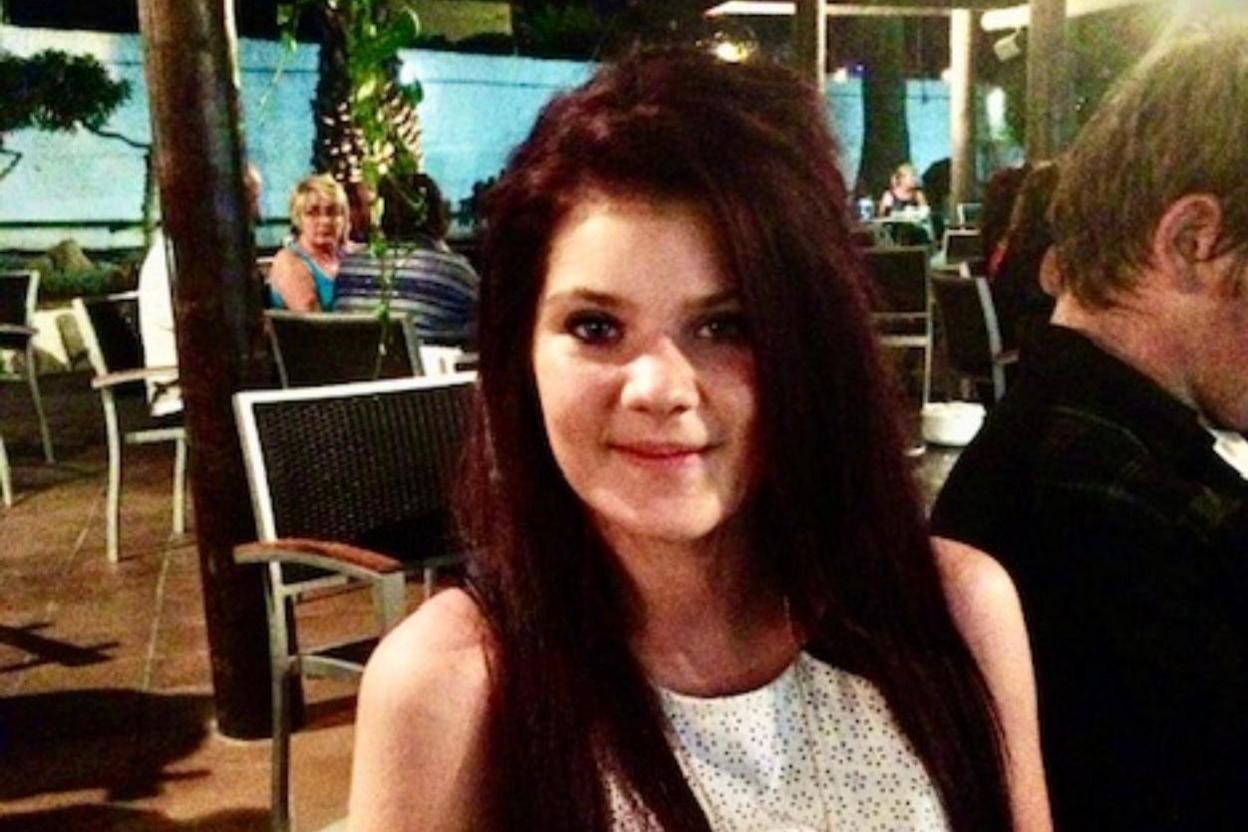
Twenty-seven-year-old Sophie Woolcott from Poole was a mother of three
In the wake of his daughter's death, Sophie's father Steve started a petition to change the law, so doctors legally have to "tell parents if their child threatens suicide to a doctor".
The two families are now jointly calling for legislation to be brought in to help prevent similar cases in the future.
The Department of Health and Social Care said: "We sympathise with the pain and anguish felt by bereaved families who have lost a loved one to suicide.
"GPs already have a duty to share information where patients lack the mental capacity to consent, where it is considered to be in the person's best interest to do or where it may be in the public interest, for instance if the method of suicide could cause potential serious harm to others.
"Ultimately, GPs must balance the importance of patient confidentiality with the urgent need to prevent suicide."
'Common sense'
Speaking to the Woolcott family after the BBC brought them together to meet for the first time, Sarah Renton explained why she thought the current guidelines were wrong.
"I think the thing that your husband wanted is just common sense," she told Justine and Sophie's mum, Amanda.
"How do you make these people safe? Well family is nearly always the best place for that," she said.
Amanda Woolcott is hopeful that a change in the law could be a lasting legacy for the families' two daughters.
"If we can do something that can stop it happening to somebody else - in their name you've stopped them going through what we're going through - then that's job done."
If you have been affected by this story or would like support then you can find organisations which offer help and information at the BBC Action Line.
You can follow BBC Dorset on Facebook, external, X (Twitter), external, or Instagram, external.
- Published18 November 2024
